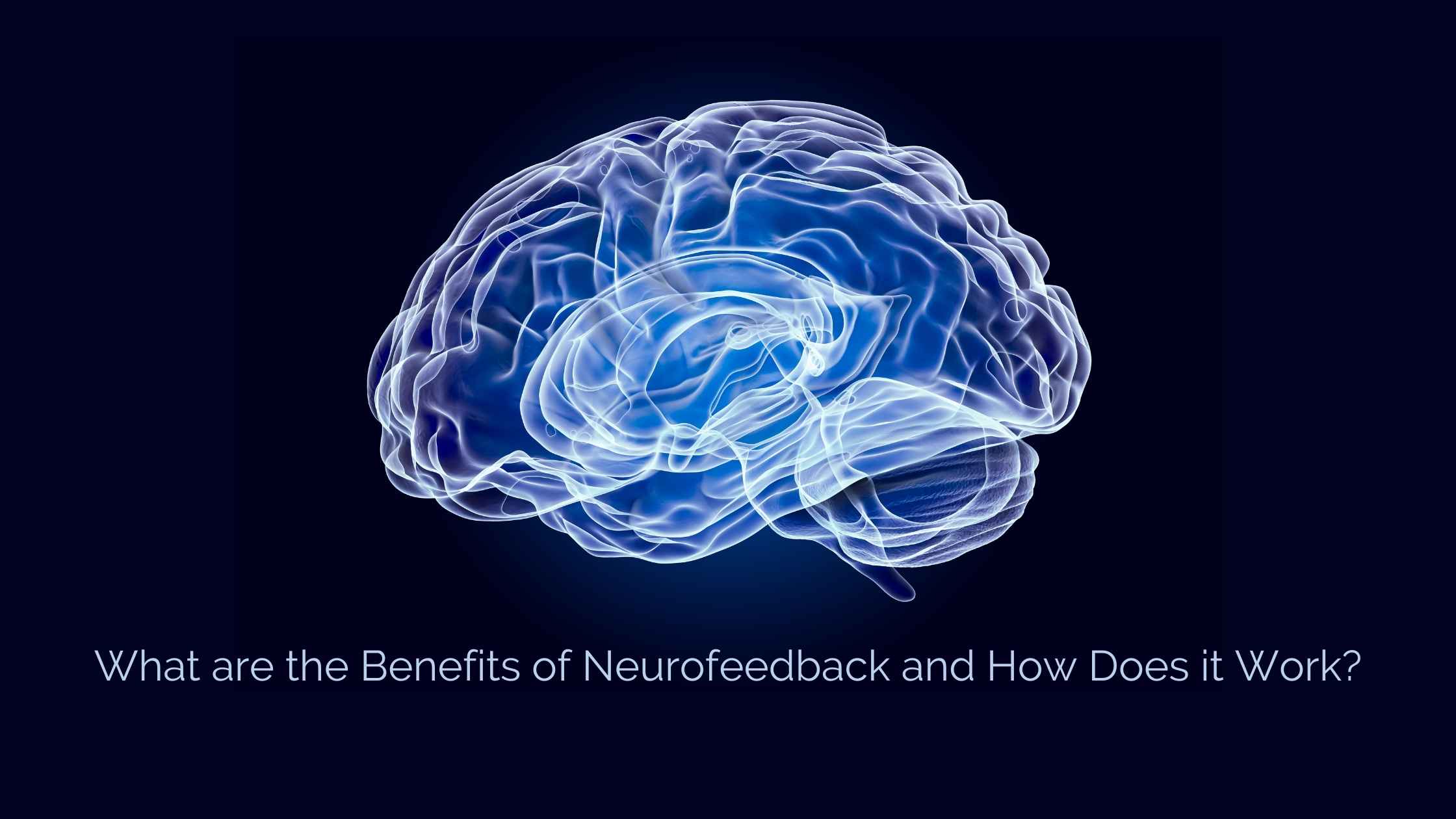Neurofeedback is an novel technique that has gained attention for its capability to help manage anxiety and enhance mental well-being. This method involves using real-time visualizations of brain activity to instruct individuals how to control their brain function. By tracking brain waves, neurofeedback provides feedback that can help people learn to control their mental states. This technique can be particularly beneficial for those struggling with anxiety, as it offers a fresh way to understand and manage their feelings.
Anxiety is a widespread mental health issue that impacts many people. It can manifest in various ways, including excessive worry, unease, and physical indicators like a racing heart. Traditional treatments for anxiety often include therapy and medication, but these options may not work for everyone. Neurofeedback presents an different approach that focuses on self-regulation. By conditioning the brain to function more efficiently, individuals can learn to reduce their anxiety levels and boost their overall mental health.

The process of neurofeedback typically involves a trained expert who guides the individual through sessions. During these sessions, sensors are placed on the scalp to measure brain activity. The data is then displayed on a screen, allowing the person to view their brain waves in actual time. The goal is to help individuals recognize patterns in their brain activity associated with anxiety. By practicing techniques to alter these patterns, they can acquire to attain a calmer state of mind. This approach enables individuals to take an active role in their mental health journey.
Studies has shown that neurofeedback can lead to notable improvements in anxiety symptoms. Studies indicate that individuals who undergo neurofeedback training often claim feeling less anxious and more in control of their emotions. This technique not only helps in reducing anxiety but also boosts overall mental well-being. Participants frequently undergo better focus, improved mood, and increased resilience to stress. These advantages can lead to a more satisfying life, as individuals feel more prepared to face challenges.
In conclusion, neurofeedback is a hopeful tool for changing anxiety management and enhancing mental well-being. By providing individuals with the ability to comprehend and regulate their brain activity, this technique offers a unique approach to dealing with anxiety. As more people seek effective ways to manage their mental health, neurofeedback stands out as a worthwhile option. With ongoing helpful resources research and awareness, it has the potential to change the lives of many individuals struggling with anxiety, leading to a healthier and more balanced life.